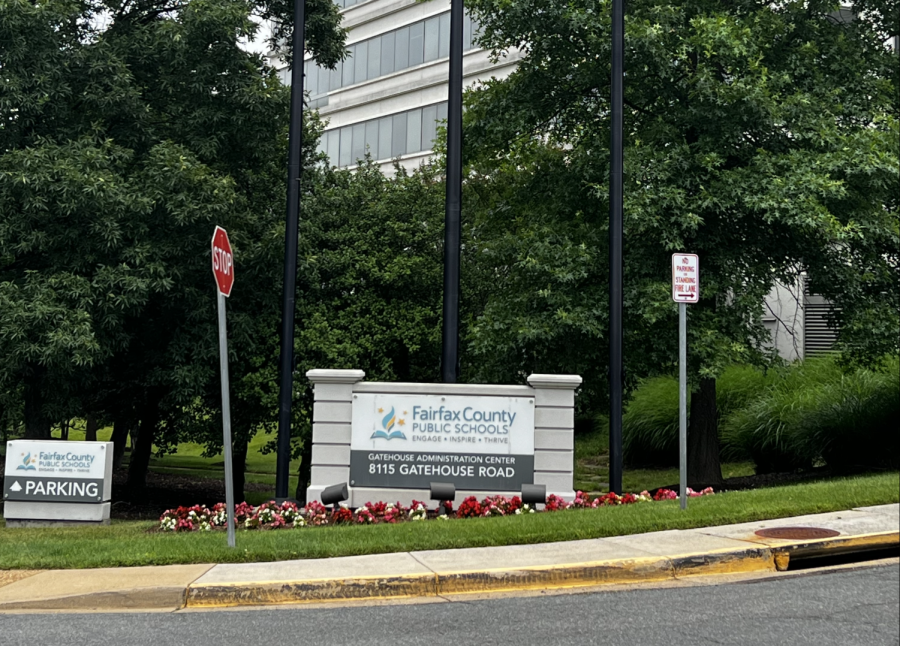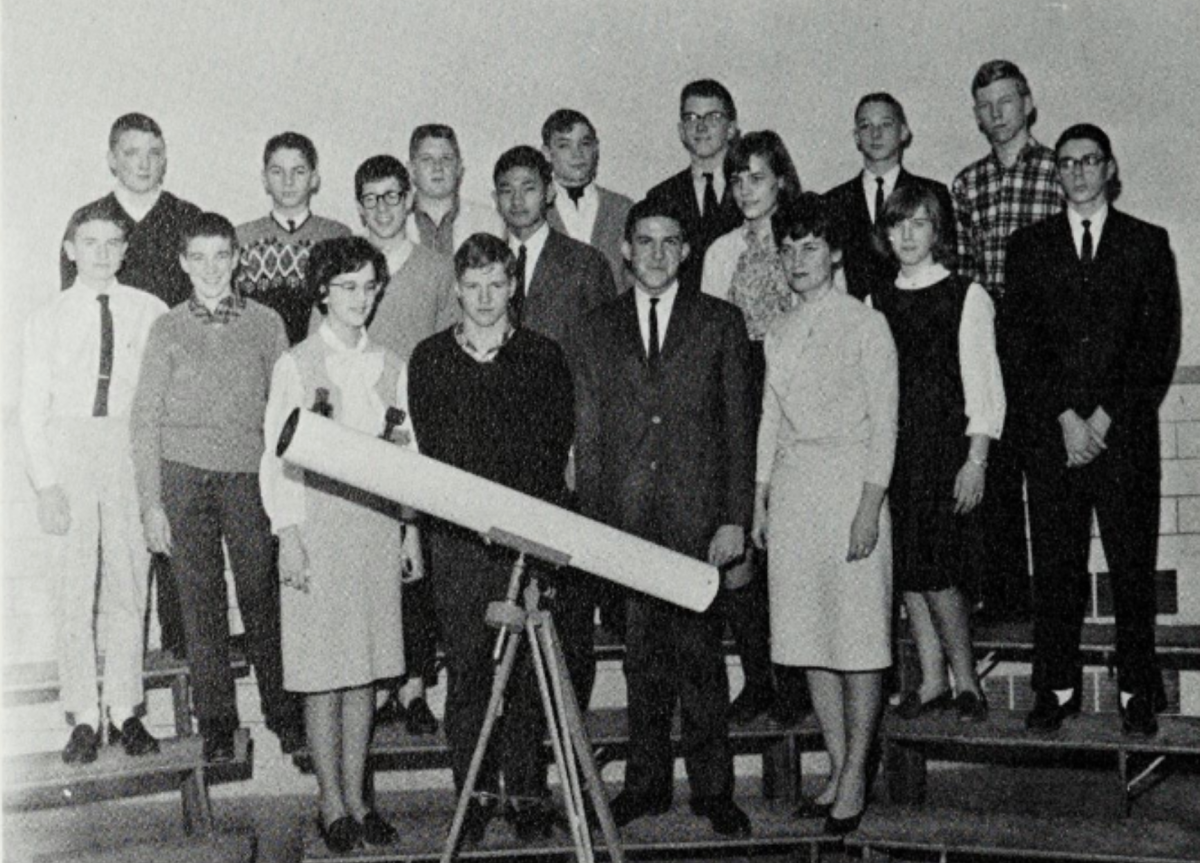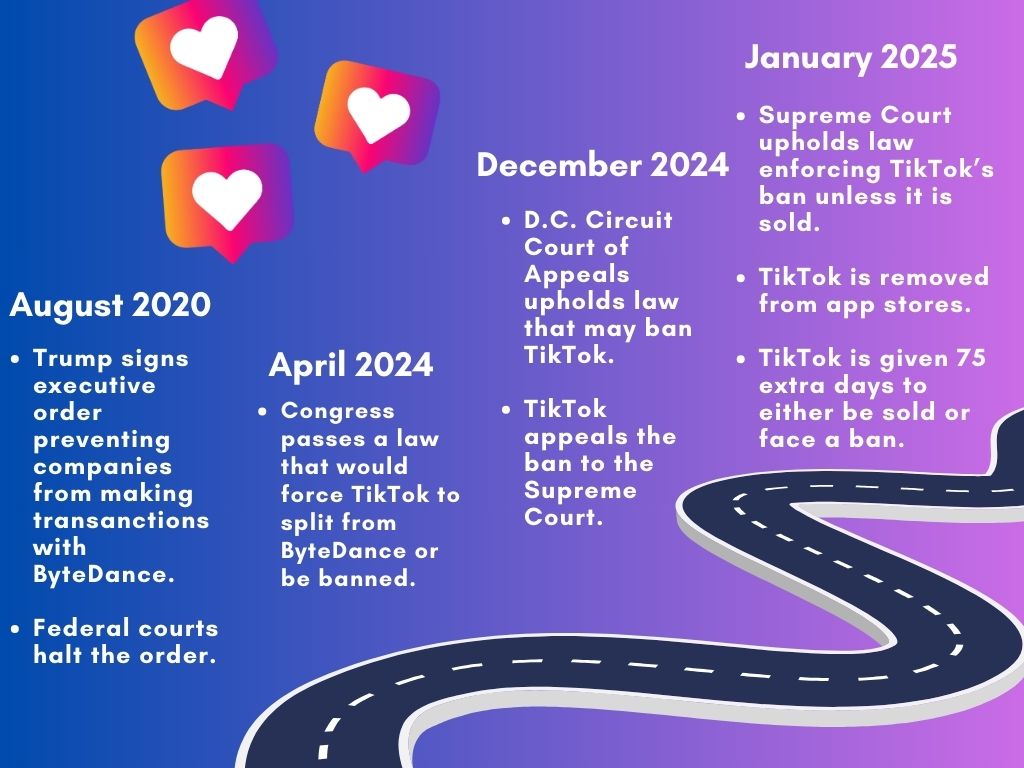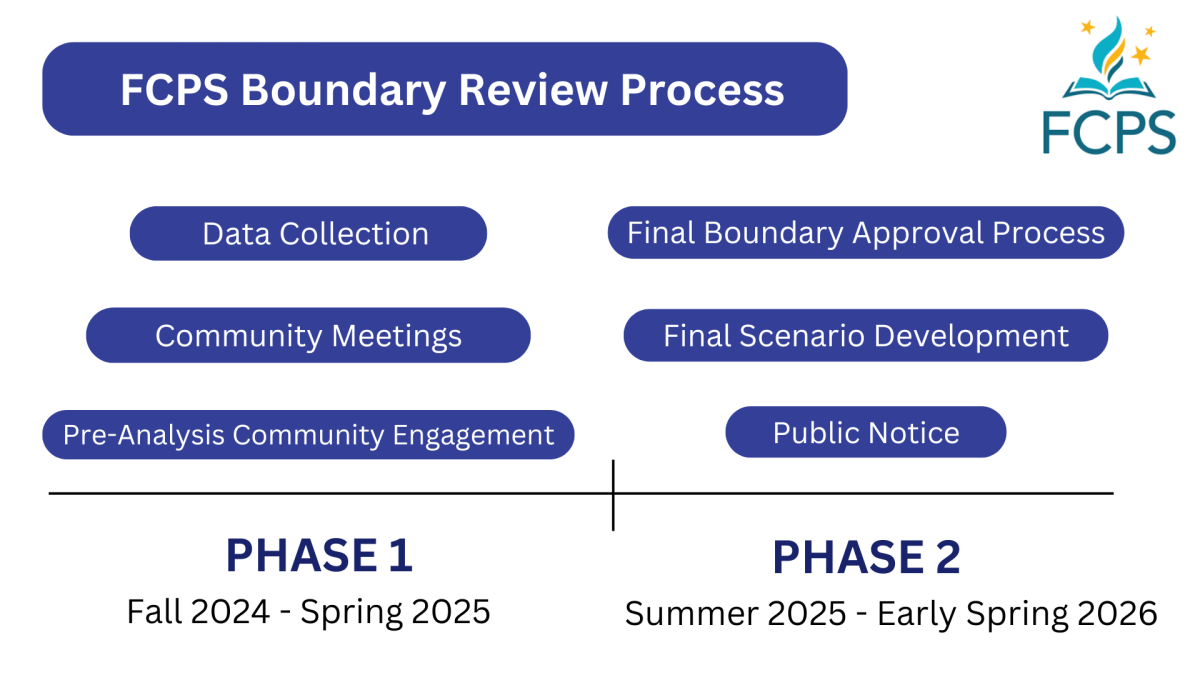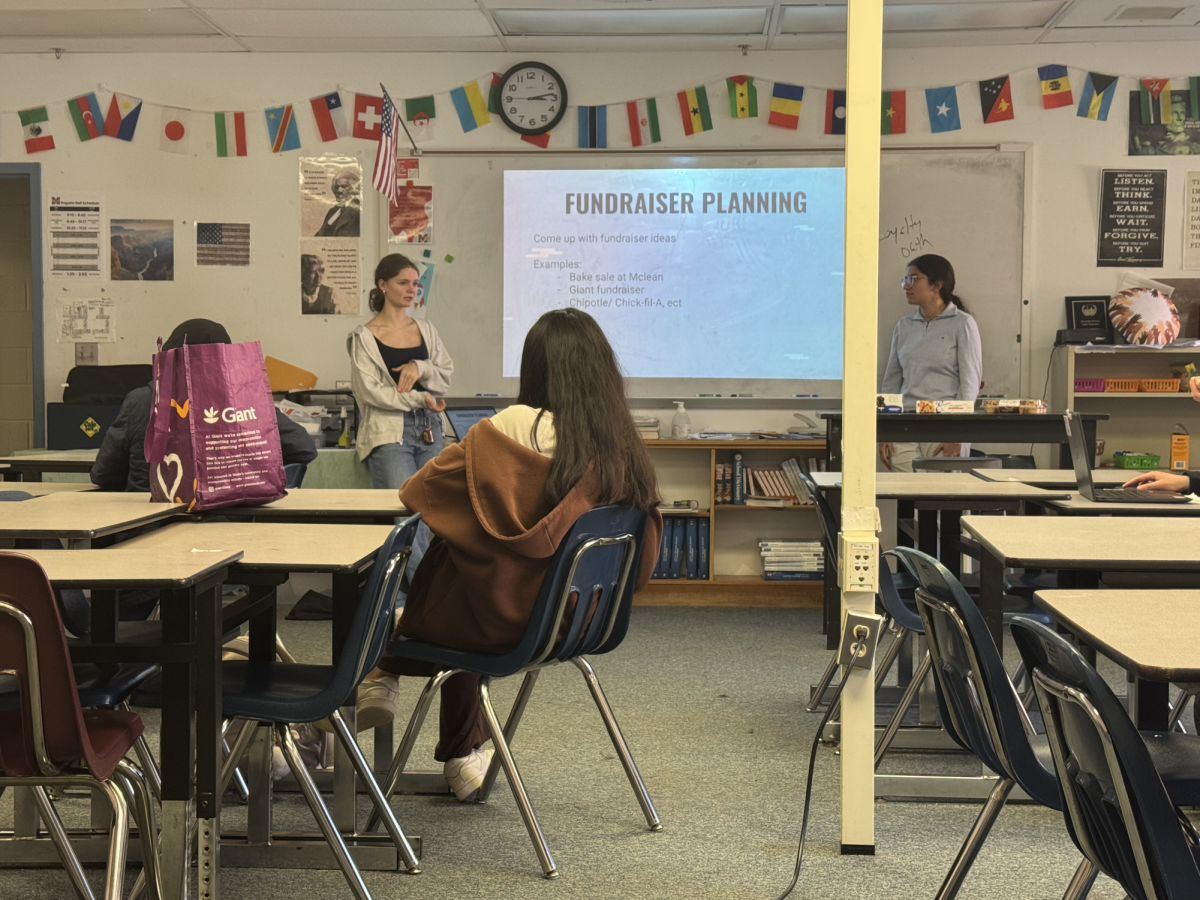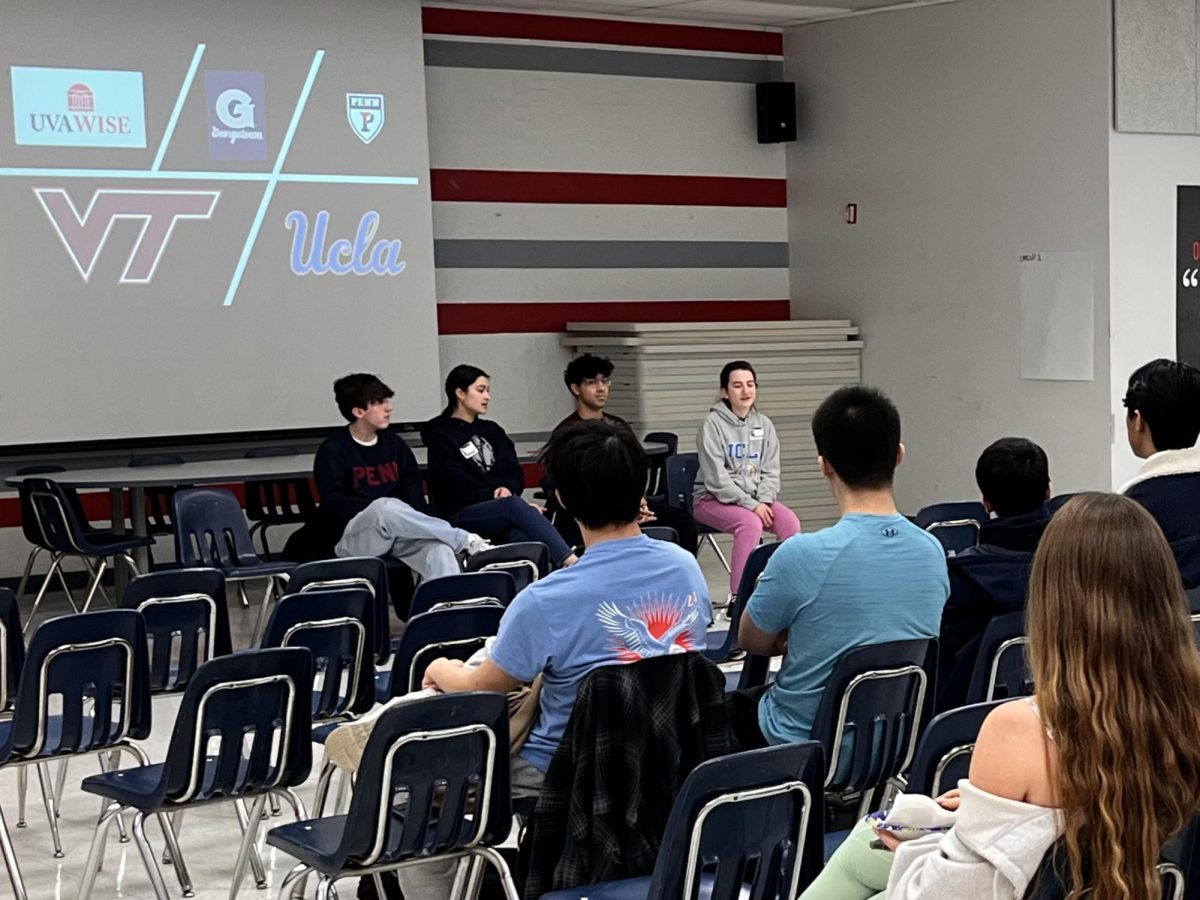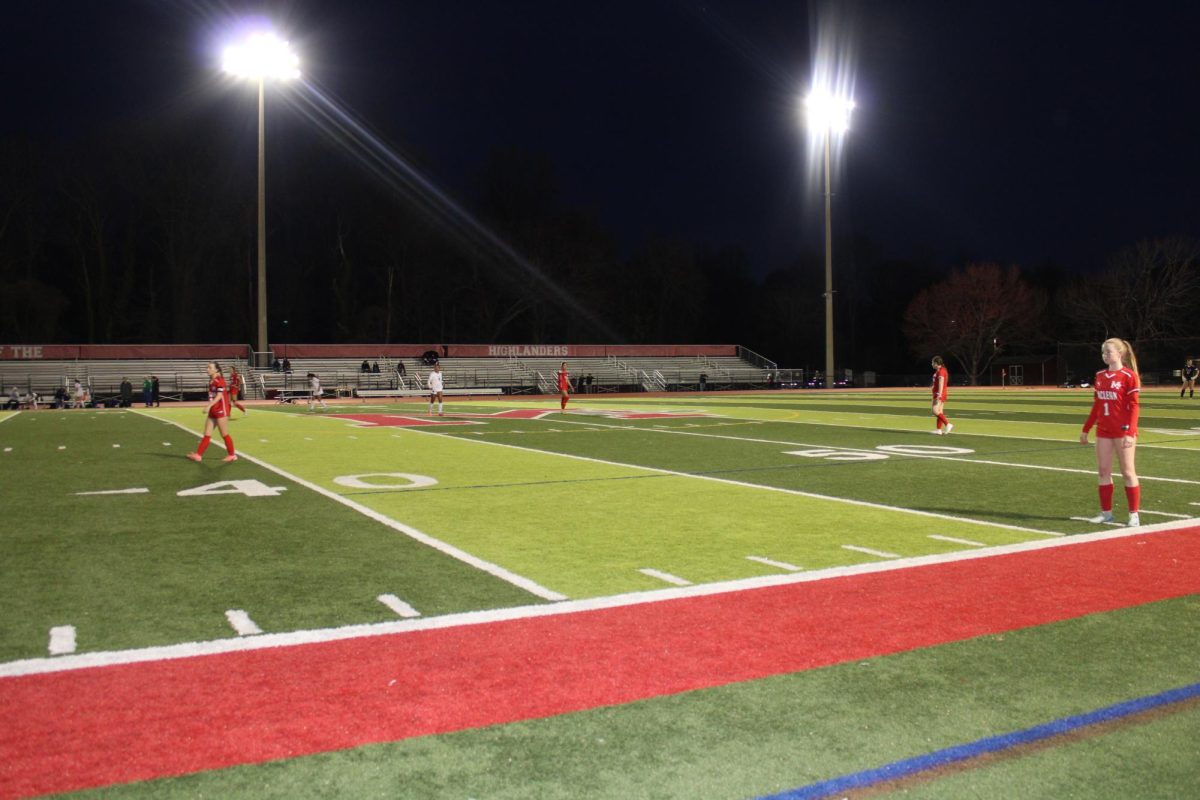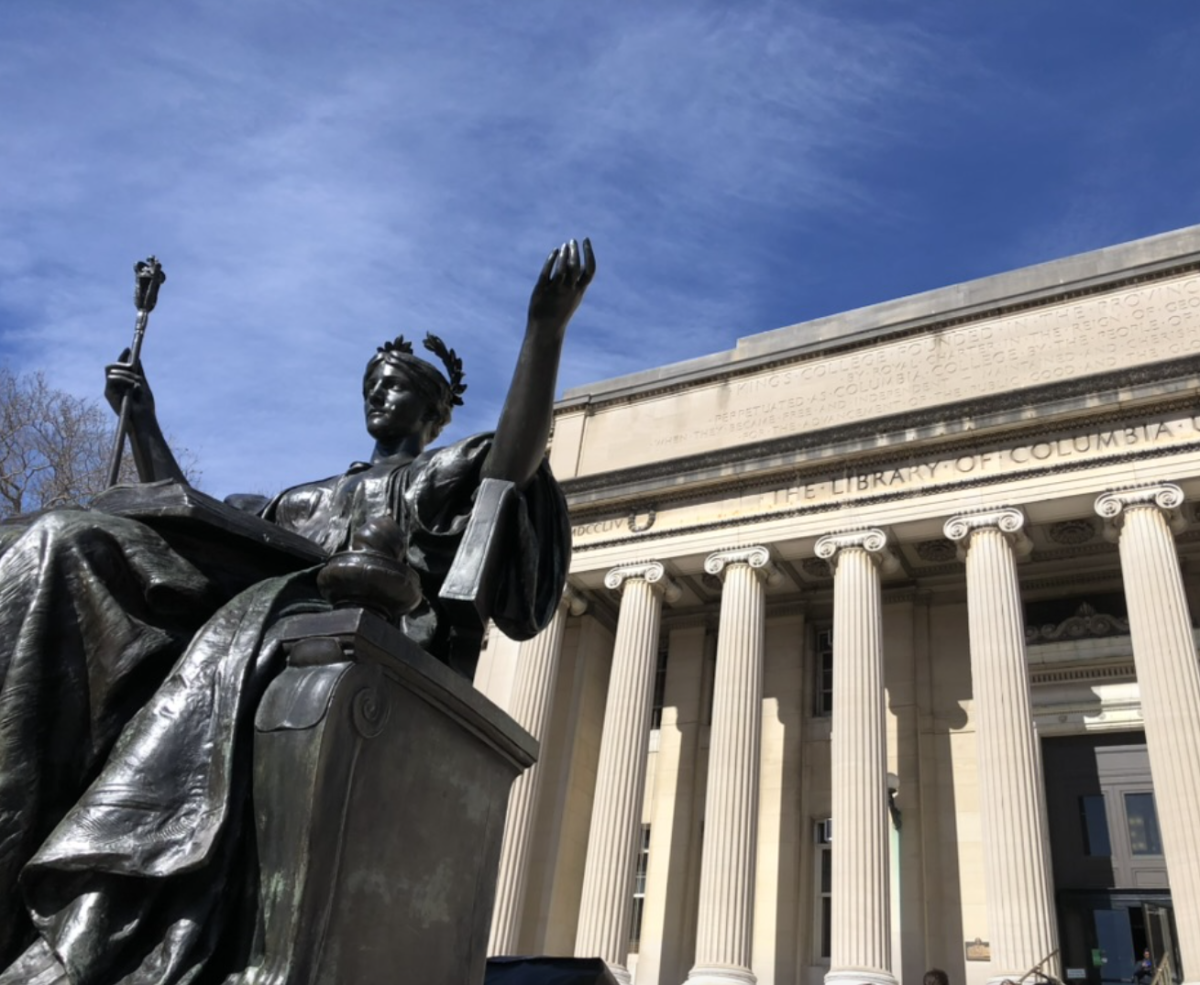The Fairfax County School Board voted to approve collective bargaining rights for thousands of teachers and other faculty members. The move makes Fairfax County Public Schools (FCPS) the fifth school district in Virginia to adopt collective bargaining in early March since it was legalized in 2021, following Arlington Public Schools, Richmond Public Schools, and Falls Church City Public Schools.
The school board unanimously approved the resolution, which allows teachers and staff members to be represented by a union and to negotiate wages, hours, benefits and terms of employment. Substitute teachers and part-time staff are not included in the initial arrangement.
The move comes amid a teacher shortage as teacher pay in Fairfax County remains below that of Arlington, Falls Church and Alexandria.
“Young teachers cannot afford [to live] in Fairfax County, and it’s driving people away from the profession. Without increasing teacher pay, there will be fewer and fewer teachers,” history teacher Michael Stone said. “Raising teacher salaries in the United States improves interest in the [teaching] profession as a whole.”
With more than 28,000 FCPS employees now able to exercise these rights, there are increased prospects for higher teacher stipends and voice. However, union members would not be allowed to strike as per Virginia law.
“Collective bargaining means that it is now legal in Virginia for public education employees to engage in contract negotiations,” said McLean teacher Lesley Frew, the Fairfax Education Association (FEA) representative for McLean High School.
Across Virginia, a right-to-work state, labor organizing is becoming more accepted, and hopes are high that negotiations between the union and school division will help attract teachers once collective bargaining is fully implemented. Right-to-work laws prohibit workers from automatically being opted-in to a union, which has made labor organizing more difficult.
The approval of collective bargaining rights for Fairfax County teachers and staff members is expected to have significant implications for the school district and its employees. With the ability to negotiate employment details, teachers hope the quality of education for students will increase.
“Now the bargaining units have to lobby the [FCPS] employees and get a certain percentage of the employees to vote for them,” Dranesville school board member Elaine Tholen said.
FEA, the local branch of the union National Education Association, formed the Alliance of Fairfax Educational Unions (AFEU) with the Fairfax County Federation of Teachers, the local affiliate of the American Federation of Teachers. The two national organizations play large roles in teacher organizing nationwide.
“The whole point [of collective bargaining] is to give employees more voice in their work,” Tholen said.
The formation of the AFEU as an umbrella group of both pre-existing unions will increase the likelihood of a victory for the unions in representing FCPS employees. Once FCPS’ collective bargaining units are elected and in full motion, staff retention and satisfaction is expected to increase.
“Many teachers have reported being dissatisfied because they have to work multiple jobs,” Stone said.
According to the National Center for Education Statistics, Virginia teacher’s wages are lower now adjusted for inflation than they were in 1970. Virginia also has one of the worst teacher pay gaps as compared to other college-educated professionals. A larger staff voice could also help mend the unprecedented teacher shortage in the county.
“Good working conditions for teachers are good learning conditions for students,” Frew said. “Collective bargaining will improve the working conditions of teachers in FCPS.”


